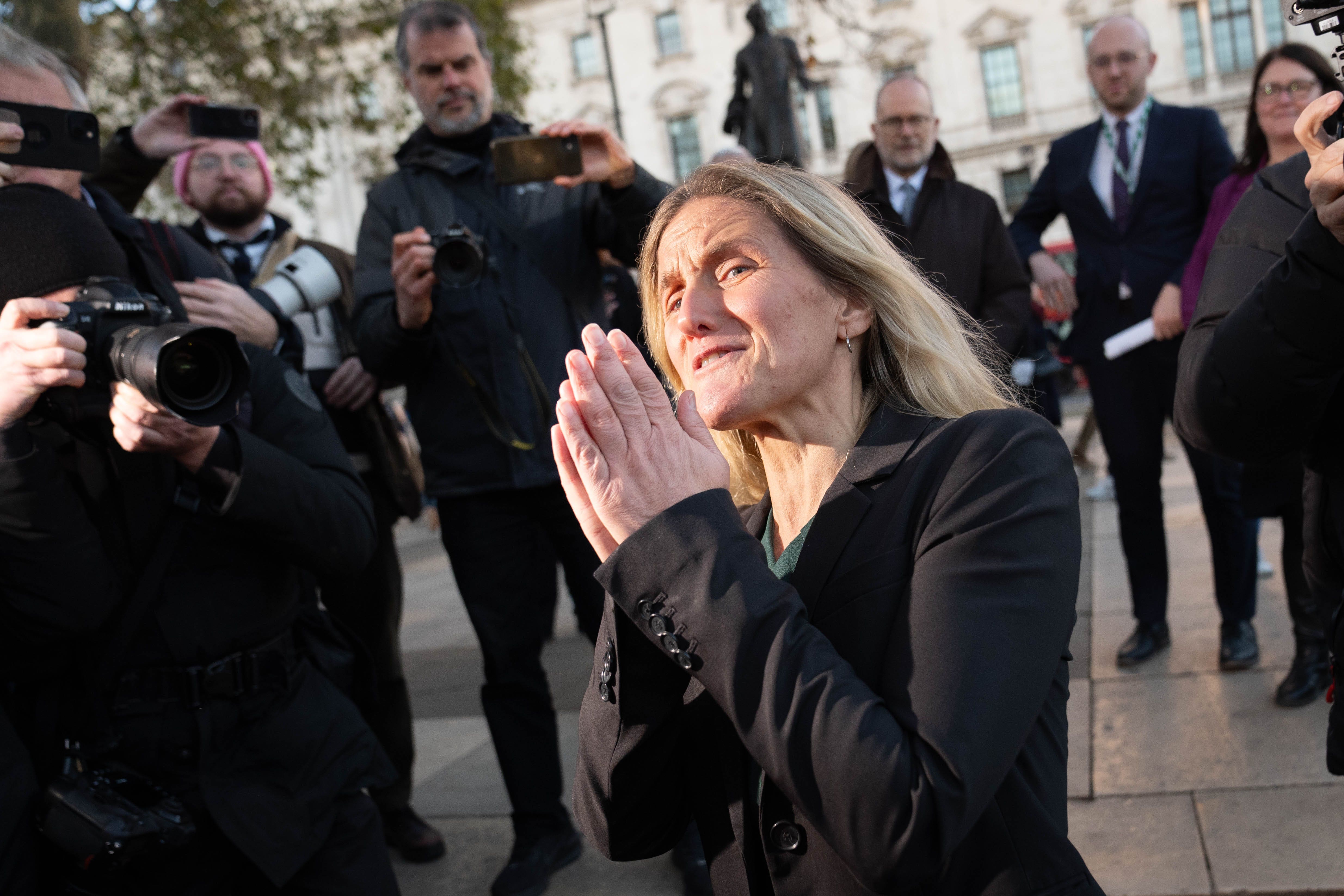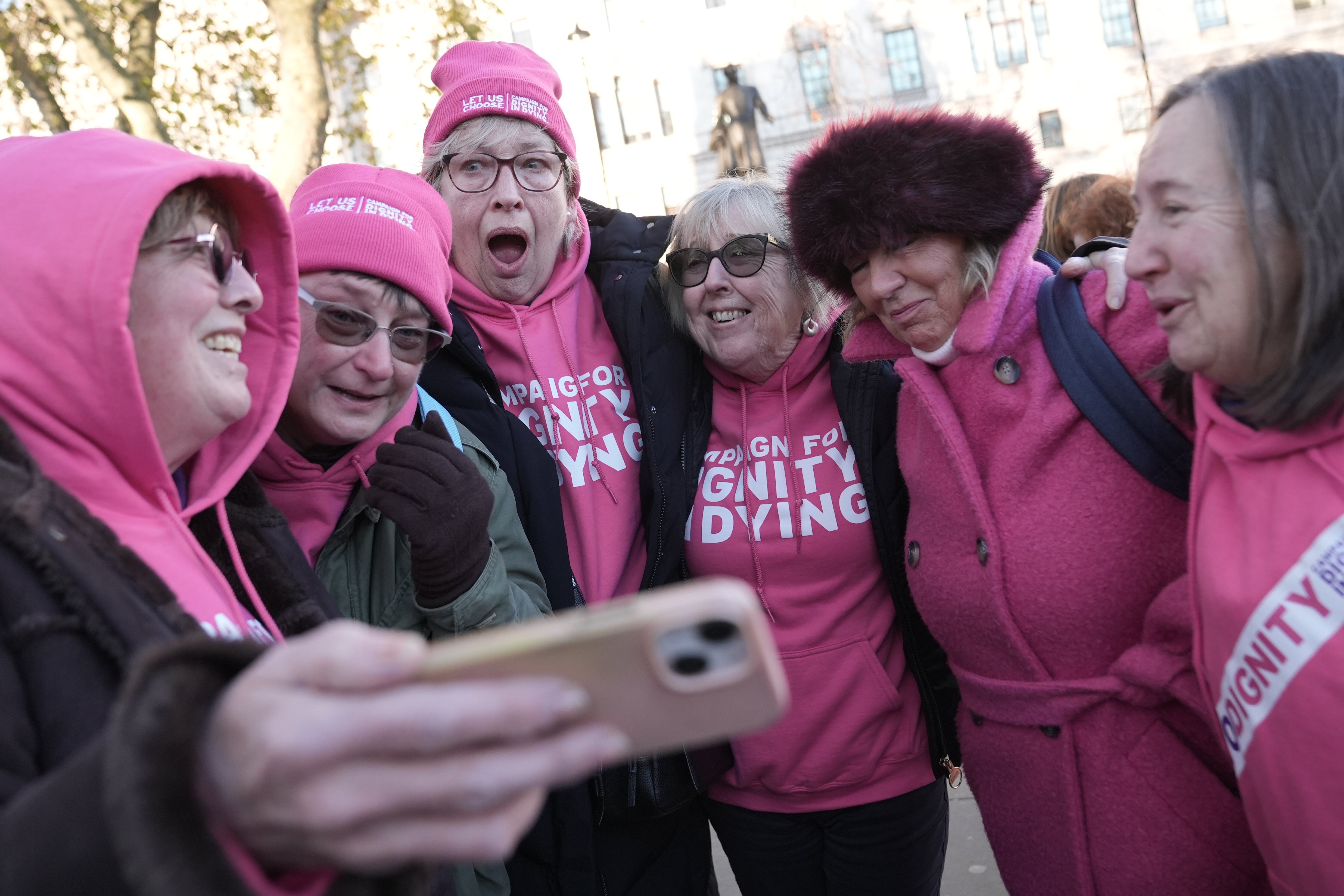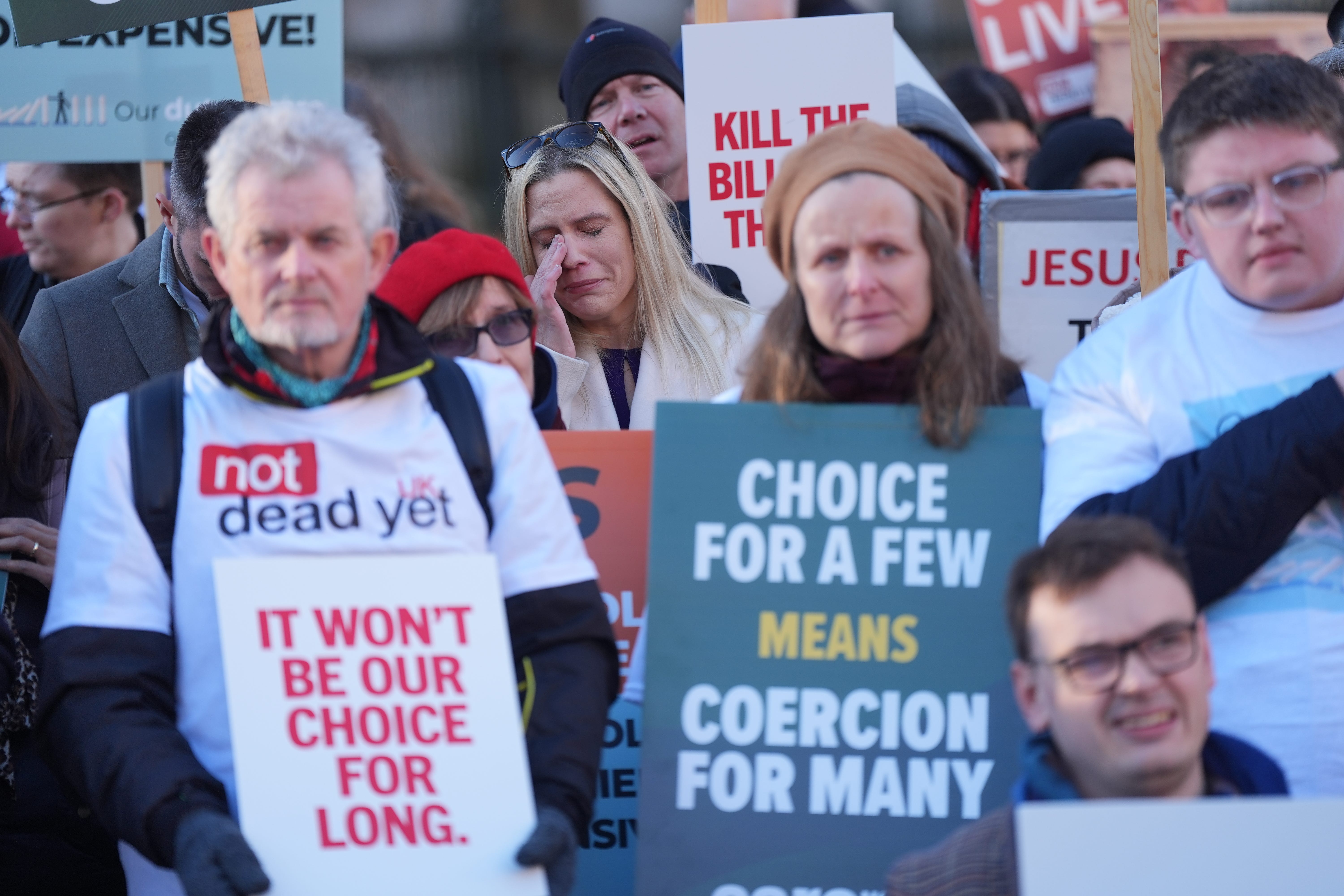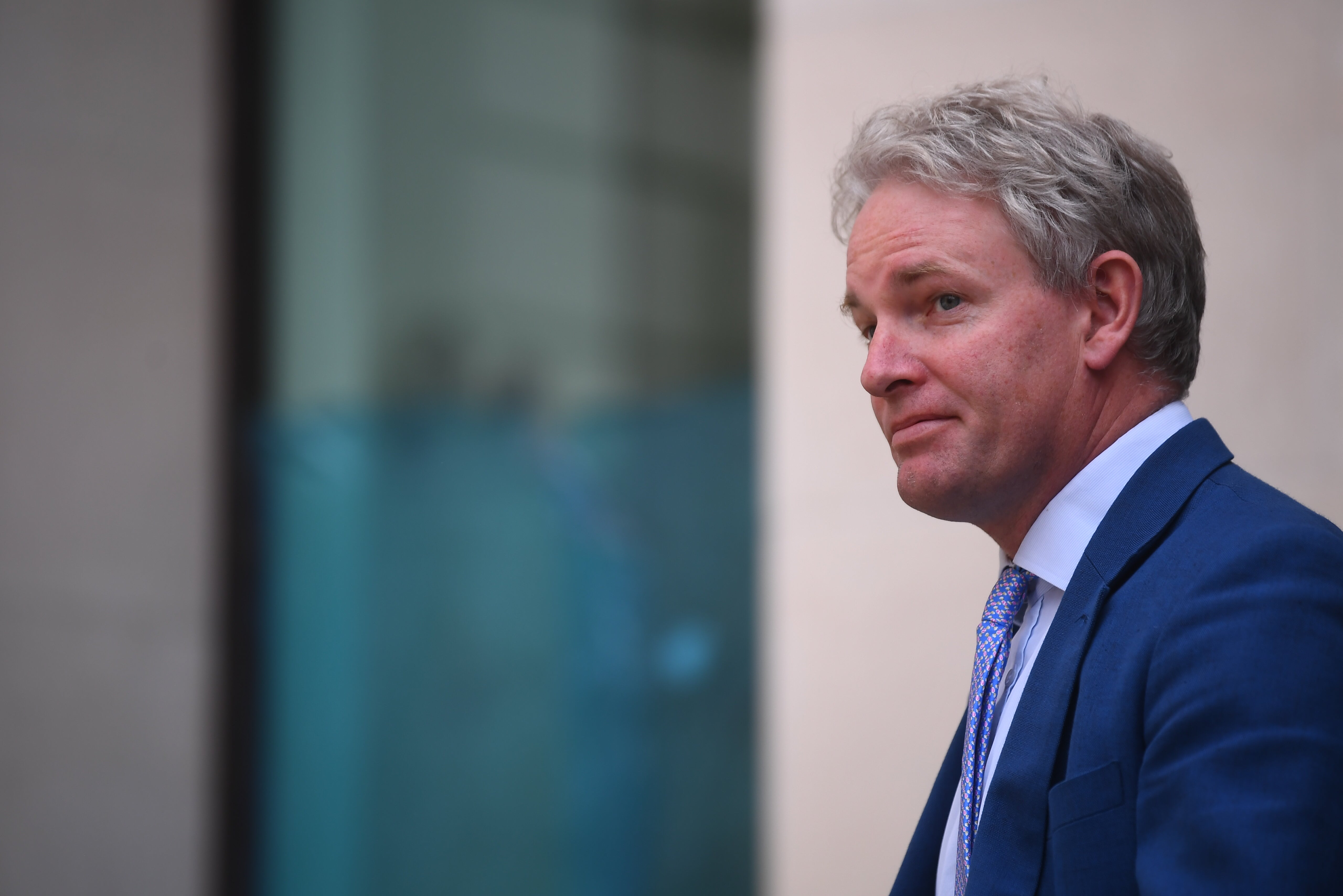All the unanswered questions after MPs back assisted dying in historic vote
Kim Leadbeater, who proposed the assisted dying bill, has said there is ‘still a lot of work to do’ to perfect the proposed law
After five hours of intense and emotional debate on Friday, MPs voted in favour of a bill that would allow terminally ill adults who have six months or less to live to seek help to end their own life.
The historic vote was heralded by assisted dying campaigners as “amazing news”, which would pave the way for people having choice over how they died. But campaigners against the bill vowed that their efforts to stop it becoming law were “not over”.
While the bill was passed in the House of Commons, with 330 MPs in favour and 275 against, some only gave qualified support with the proviso that changes will be made before its third reading.
With the bill now entering committee stage, MPs will get a chance to scrutinise the plans and propose any amendments. Labour MP Kim Leadbeater, who proposed the bill, has said that there is “absolutely still a lot of work to do” on the bill and that “slight changes” are part of the process.

Under the bill, a terminally ill adult wanting assistance to end their life must have approval from two doctors and a High Court judge.
So what are the issues parliamentarians may try to clarify before the bill returns to the Commons again?
How involved are family members in the process?
There was some concern among MPs who opposed the bill on Friday that terminally ill patients could apply and be granted the right to end their life without their loved ones hearing about it.
Under the bill, the doctor assessing the terminally ill patient for an assisted death “should, where they consider it appropriate, advise the person to consider telling their next of kin or other people they are close to”.
There is no requirement for involvement of family members in the application to the High Court, however judges can “hear from and question any other person” that they wish in order to determine that the applicant has not been coerced.
Under the bill, there is no right to appeal a decision made in favour of granting an assisted death.
Ms Leadbeater argued that by creating a formal process that enables assisted death, closed-door practices are now “brought into the open”.

Will the court proceedings happen in public or private?
Once someone has got approval from two doctors to have an assisted death, they must then apply to the High Court for final approval.
It is not yet clear from the bill whether the judge will make a decision based on the papers, forgoing a formal hearing, or whether a court hearing will take place.
If a hearing takes place, it is unclear whether it will be in public or in private. Unlike in criminal courts, family court hearings are often held in private.
If there is a hearing and it is in public, questions will also arise about whether the person applying for an assisted death should be granted anonymity - and if so, whether that anonymity should be lifted after their death.

Can someone else apply for an assisted death on behalf of the patient?
The current bill allows for the applicant for an assisted death to use a proxy. This is to allow for cases where the patient is unable to sign their own name and wants to authorise someone else to apply for an assisted death on their behalf.
The proxy can be either a “person who has known the person making the declaration personally for at least two years” or “a person who is of good standing in the community”.
This person cannot be a family member or someone who is a beneficiary of their will.
How quickly will assisted dying happen?
Ms Leadbeater said that her bill has a commencement period of up to two years, promising: “This is not going to happen overnight”.
This timeframe can be altered and debated by MPs at the committee stage “as it is more important to get this right than to do it quickly”, she said.
Can doctors and judges opt out?
There is a specific clause in the bill that allows for doctors or other health professionals to opt out of assisting someone to die.
However there is not a similar clause in place for judges.

Can doctors suggest an assisted death to their patients?
Sir David Davis, who voted in favour of the bill on Friday, told MPs during the debate that his support was conditional on certain areas being “put right” in the committee stage.
He raised a particular concern about a clause that suggests that doctors would be able to suggest assisted dying as an option for a terminally ill person. Under the bill, no medical professionals are stopped from using their judgement to “decide if, and when, it is appropriate to discuss the matter with a person”.
The bill also allows for the applicant to seek the opinion of another doctor if they are refused an assisted death.
If a second doctor refuses to affirm the patient’s right to an assisted death, then the first doctor - who granted approval - can refer the patient to another medical practitioner.
Join our commenting forum
Join thought-provoking conversations, follow other Independent readers and see their replies
1Comments